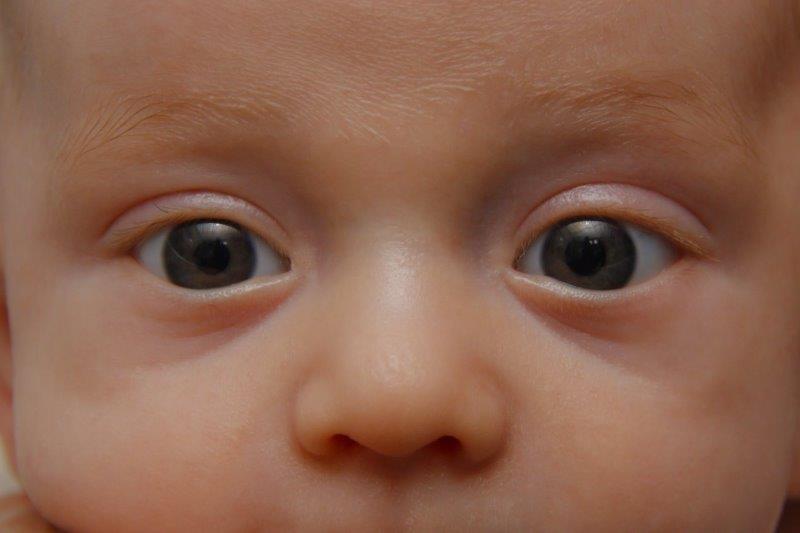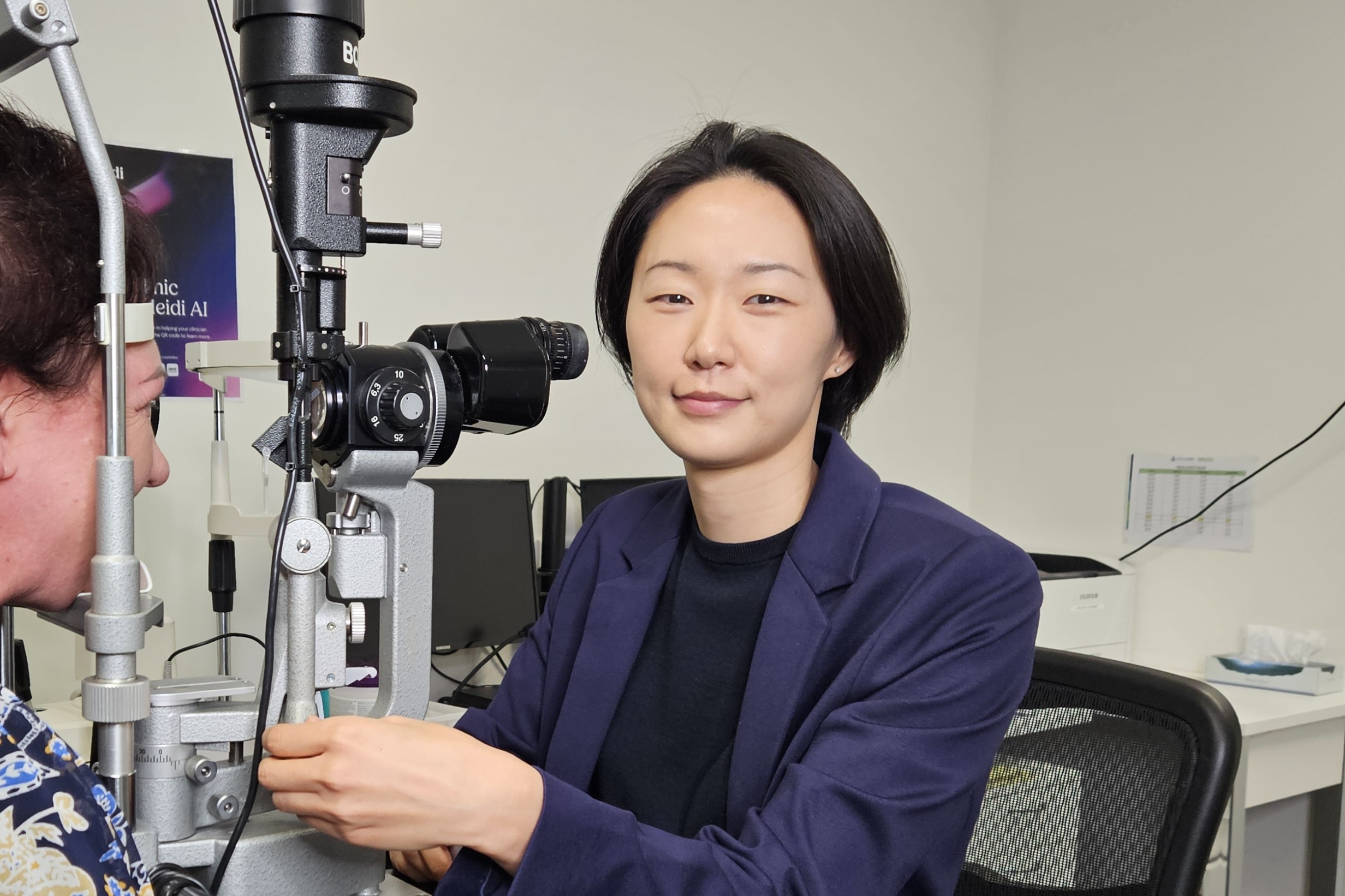Foveal hypoplasia genes revealed
An international team of researchers, led by the University of Leicester, UK, have identified the spectrum of genetic changes responsible for foveal hypoplasia and when they cause problems in developing babies’ eyes.
Arrested development of the fovea, or foveal hypoplasia, is rare, but this lifelong condition can have serious consequences affecting an individual’s ability to read, drive and complete other daily tasks. There are currently no treatments available for this condition, with one of the first visible signs being nystagmus in a child’s first six months.
Published in Ophthalmology, the Leicester-led study analysed 900 OCT scans from 20 international centres, categorising them by severity using the Leicester Grading System. These scans were then compared with genetic markers to identify the genes associated with varying severities of the condition. Identifying these relationships between genetic defects and the degree of arrested foveal development is the first step in building possible future treatments for individuals with foveal hypoplasia, said researchers.
Research orthoptist and lead author Dr Helen Kuht said, “This research has really helped to solve the puzzle of why some babies with these genetic changes present with varying severity of foveal hypoplasia. Thus allowing us to diagnose, predict future vision and help prioritise genetic testing, subsequent counselling, and support.”
In a separate paper, Dr Kuht’s team also identified foveal abnormalities in carriers of oculocutaneous albinism (OCA), raising the possibility that previously reported mild cases of foveal hypoplasia or isolated foveal hypoplasia could correspond to OCA carrier status.
Leicester established the Foveal Development Investigators Group (FDIG) in 2020, bringing together expertise in foveal developmental research spanning 11 countries, including the UK, South Korea, Denmark, Netherlands, USA, China, France, Australia, Germany, Brazil and India.
























